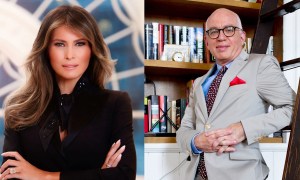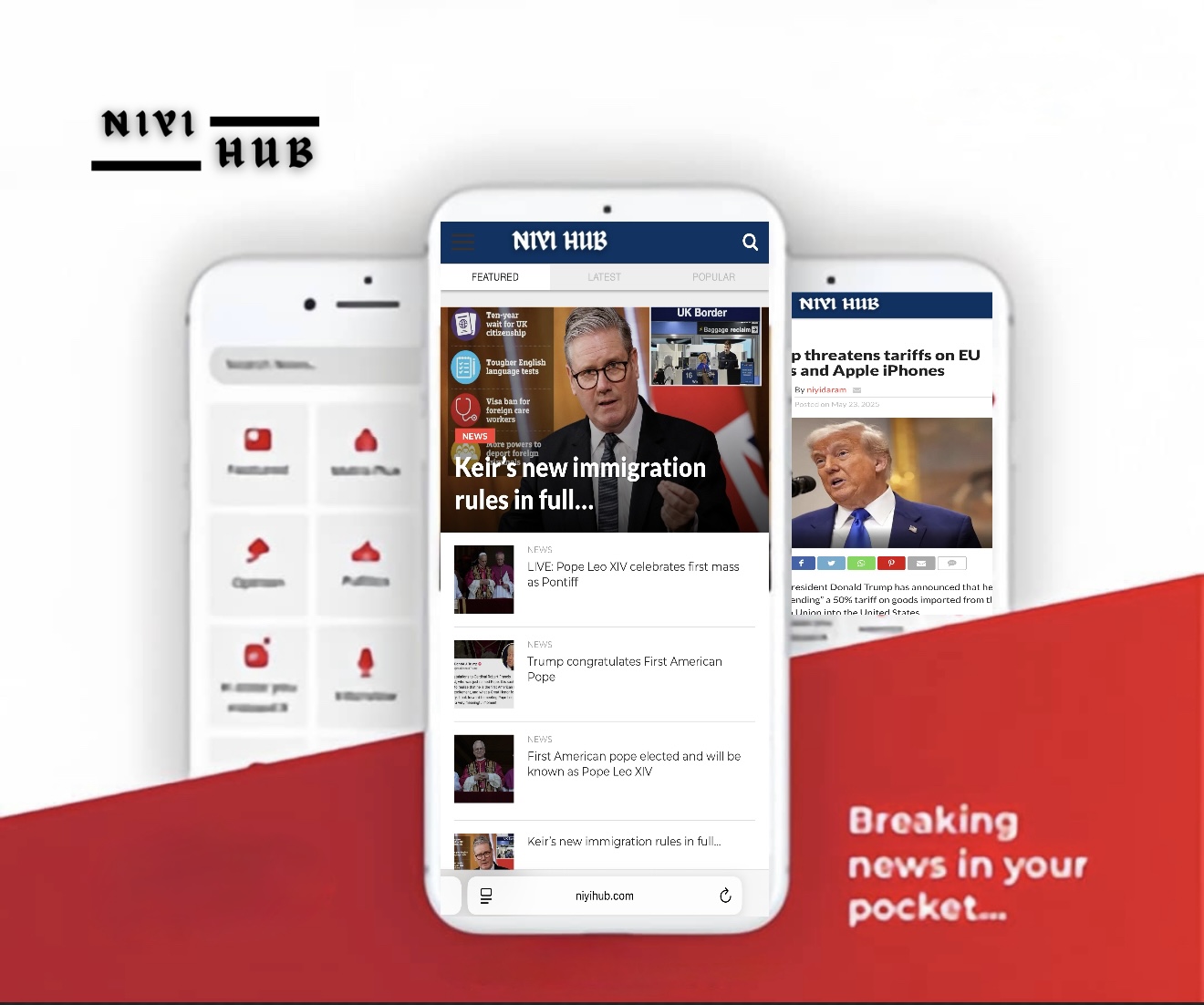Elon Musk, the world’s richest man and head of the new Department of Government Efficiency (DOGE), has recently launched a public attack on the U.S. Agency for International Development (USAID). Musk, appointed by President Donald Trump, described USAID as a corrupt and radical leftist organization, calling for its termination. His remarks came alongside Trump’s executive order freezing foreign aid, effectively dismantling the agency by reducing its workforce from over 5,000 to about 290 employees.
While USAID has long faced criticism regarding inefficiency, lack of oversight, and accusations of hidden political agendas, it has traditionally enjoyed bipartisan support for its humanitarian work. However, fueled by conspiracy theories on social media, a new narrative has emerged portraying USAID as an instrument of deep-state corruption, biowarfare research, and global election interference. Musk’s attacks on the agency were amplified by right-wing influencers on X (formerly Twitter), including anonymous accounts like Wall Street Apes and Kanekoa the Great, whose posts have garnered hundreds of millions of views.
The agency’s detractors claim that USAID launders money through intermediaries and serves as a tool for leftist elites to manipulate world affairs. These claims, lacking substantive evidence, echo patterns seen in the so-called “Twitter Files” controversy of 2022, where selectively framed narratives were used to push government censorship claims.
A key figure driving these allegations is Mike Benz, a former Trump administration official and conservative researcher. Benz has spent years building a case against USAID, framing it as an extension of the CIA engaged in international meddling, censorship, and fraud. His influence has grown significantly, especially after Musk promoted his work on X more than 40 times in a single week. Benz’s history as an alt-right vlogger and self-described “white identitarian” has raised concerns about his credibility. Nevertheless, his theories have gained traction in right-wing media, with appearances on Newsmax, Steve Bannon’s “War Room,” and Charlie Kirk’s podcast.
Benz’s claims include allegations that USAID funded journalism efforts that led to Trump’s impeachment and that the agency played a role in the COVID-19 pandemic through its support of EcoHealth Alliance, which worked with the Wuhan Institute of Virology. While some of these connections are based on real financial ties, the conclusions drawn are often misleading or exaggerated. Musk himself has echoed these claims, stating that USAID used taxpayer money to “kill Americans.”
Despite these attacks, experts argue that USAID plays a critical role in global health, disaster relief, and preventing famine. Former USAID Administrator Andrew Natsios and geopolitical analyst Ian Bremmer acknowledge the agency’s inefficiencies but reject the notion that it is inherently corrupt or evil. Bremmer emphasized that while reforms may be necessary, Musk’s and Benz’s claims are wildly exaggerated and misleading.
Musk’s sudden hostility toward USAID is ironic given that his own companies have benefited from partnerships with the agency. Tesla has financial ties to a USAID-backed renewable energy company, and SpaceX collaborated with USAID to provide Starlink satellite internet to Ukraine during the Russian invasion. However, this relationship soured when Musk restricted Starlink’s use by Ukraine’s military, drawing criticism for potentially aiding Russian forces. Mike Benz, a former alt-right vlogger, has been attacking USAID for years.
Mike Benz, a former alt-right vlogger, has been attacking USAID for years.
Further complicating matters, Musk recently shared a faked video falsely claiming that USAID sponsored celebrity visits to Ukraine, a piece of Russian propaganda according to media forensics experts. This misinformation, combined with the dismantling of USAID, has already had real-world consequences. Critical food and medical supplies are now being withheld from vulnerable populations, and aid workers are struggling to respond to the agency’s abrupt shutdown.
The situation highlights a growing trend in which online conspiracy theories, amplified by influential figures like Musk, translate into real policy decisions with global consequences. As political scientist Joseph Uscinski points out, conspiracy theories have always existed, but now they are being pushed directly from the highest levels of government.
In a cryptic X post, Benz hinted that even more revelations about USAID are forthcoming. Musk responded with a simple “Wow,” signaling that this controversy is far from over.

















